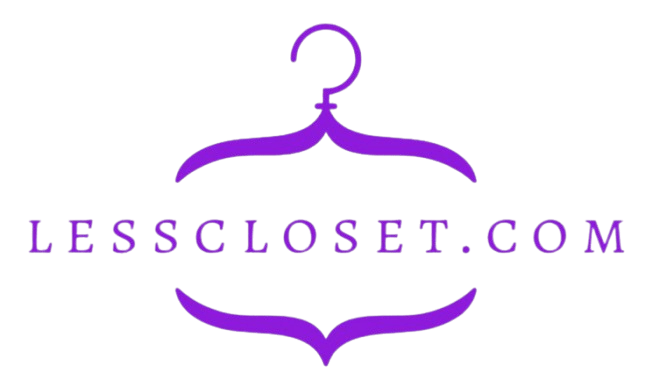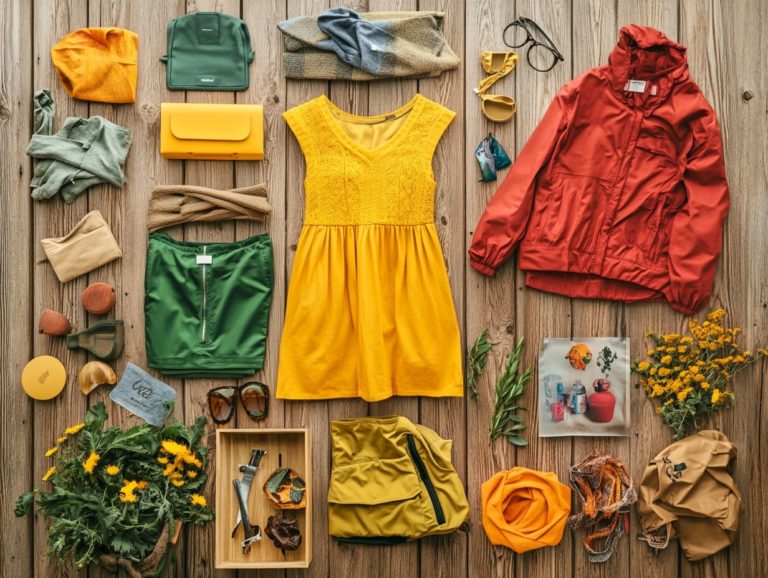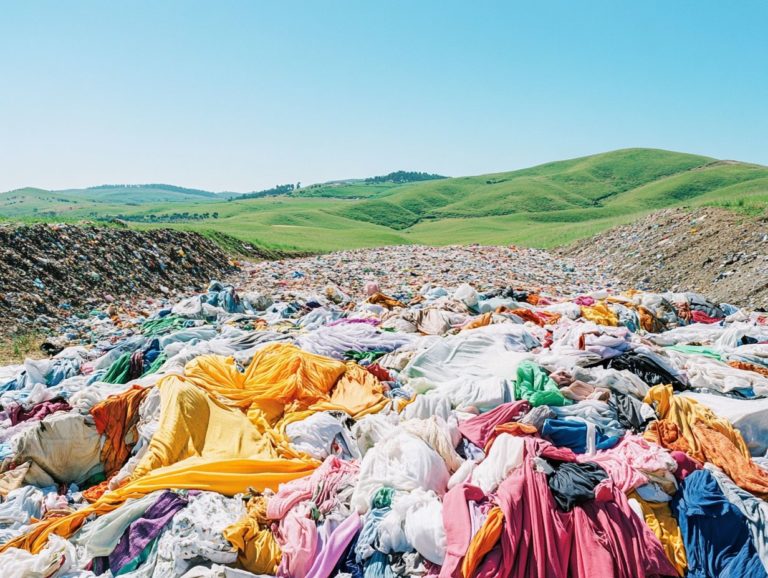Understanding Fair Trade Fashion Practices
In a world where fast fashion reigns supreme, grasping the principles of Fair Trade Fashion has become essential for the discerning consumer.
This article delves into the true meaning of Fair Trade, shedding light on the harmful effects of fast fashion on both workers and the environment. It also highlights the many benefits of opting for Fair Trade alternatives.
You ll discover how to identify brands that embody these ethical values and uncover practical tips for seamlessly incorporating Fair Trade pieces into your wardrobe.
Choose to make fashion choices that uplift communities and promote sustainability!
Act now to support Fair Trade and make a difference for workers and the environment!
Contents
- Negative Effects of the Fast Fashion Industry
Key Takeaways:
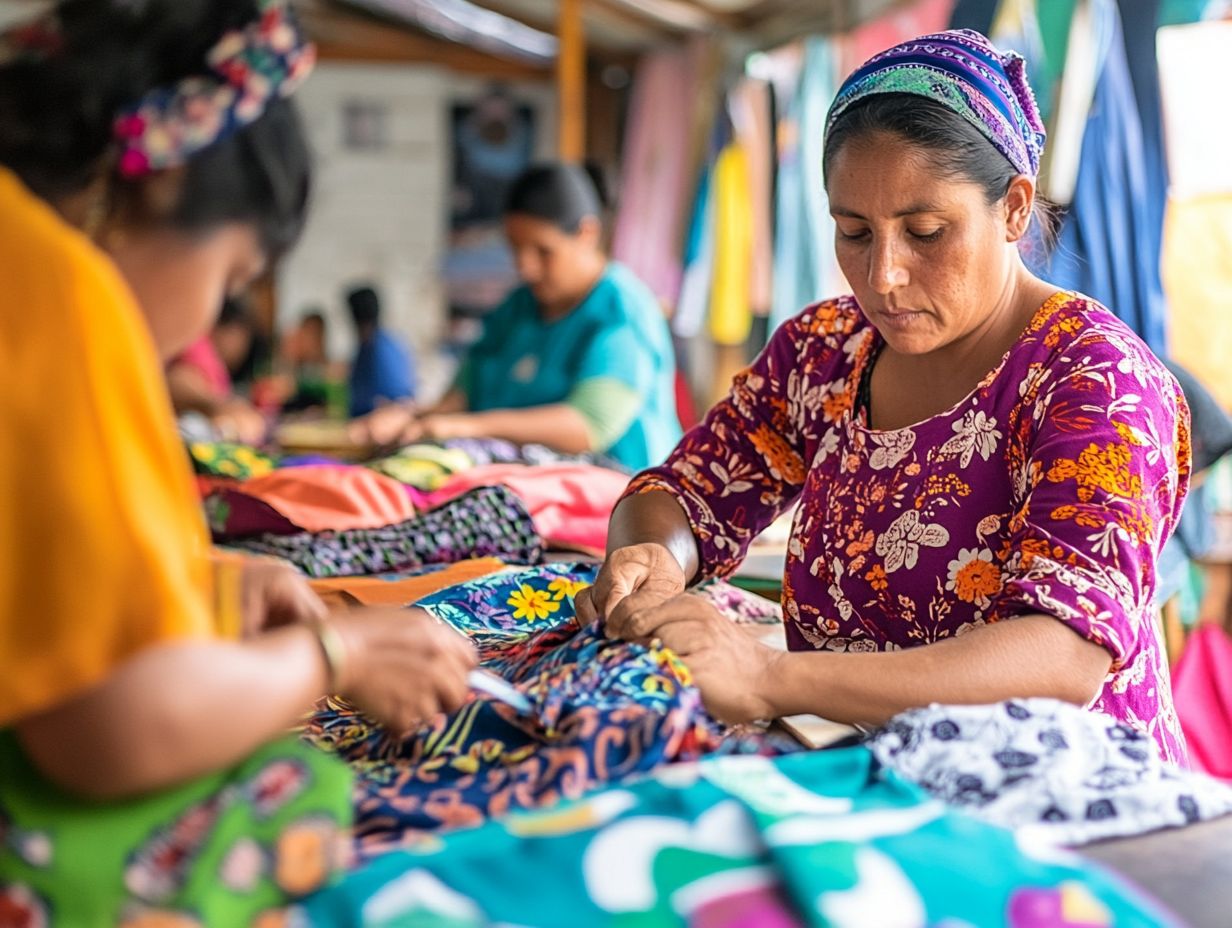
- Fair trade fashion promotes ethical and sustainable practices in the fashion industry, ensuring fair wages and safe working conditions for workers.
- The fast fashion industry has serious impacts on workers and the environment, emphasizing the need for fair trade practices to create positive change.
- Consumers can support fair trade fashion by looking for certifications and labels, and making conscious choices when shopping to promote a more ethical and sustainable fashion industry.
What is Fair Trade Fashion?
Fair Trade Fashion represents a transformative movement that champions ethical production and sustainable practices in the fashion industry, ensuring that garment workers are compensated fairly and treated with the dignity they deserve.
By embracing principles laid out by organizations such as Fairtrade International and the World Fair Trade Organization, you align with an ethos that promotes transparency in clothing production, advocating for eco-friendly materials and ethical sourcing.
This commitment not only enhances consumer responsibility but also plays a vital role in poverty alleviation and community investment, supporting a sustainable economy that honors local culture and resources.
Defining Fair Trade and its Principles
Fair Trade embodies a set of principles designed to promote ethical production, ensuring that workers receive fair wages while advocating for their rights. At the heart of Fair Trade lies the principle of fair wages, which guarantees that everyone along the supply chain earns a living wage, allowing them to rise above poverty.
These principles establish a benchmark for transparency in sourcing and production, enabling you to make informed choices as a consumer.
This ethical approach not only elevates individual garment workers but also strengthens communities by reinvesting profits into local initiatives like education and healthcare. Take Bangladesh, for example; Fair Trade certified factories there adhere to stringent labor regulations, ensuring safe working conditions and reasonable hours.
By choosing clothing produced under these standards, you actively support a system that prioritizes dignity and rights. This choice creates a ripple effect, advocating for meaningful change across the broader fashion industry.
The Impact of Fast Fashion on Workers and the Environment
The fast fashion industry has a serious impact on both workers and the environment, often placing profit above ethical production and sustainability, which leads to severe environmental impacts.
This model often exploits garment workers, resulting in unsafe working conditions, meager wages, and, at times, the exploitation of children and forced labor.
The environmental impact of fast fashion is alarming as it generates vast amounts of waste and pollution due to its dependence on non-sustainable materials and practices, emphasizing the need for recycling programs and effective waste reduction strategies.
Negative Effects of the Fast Fashion Industry
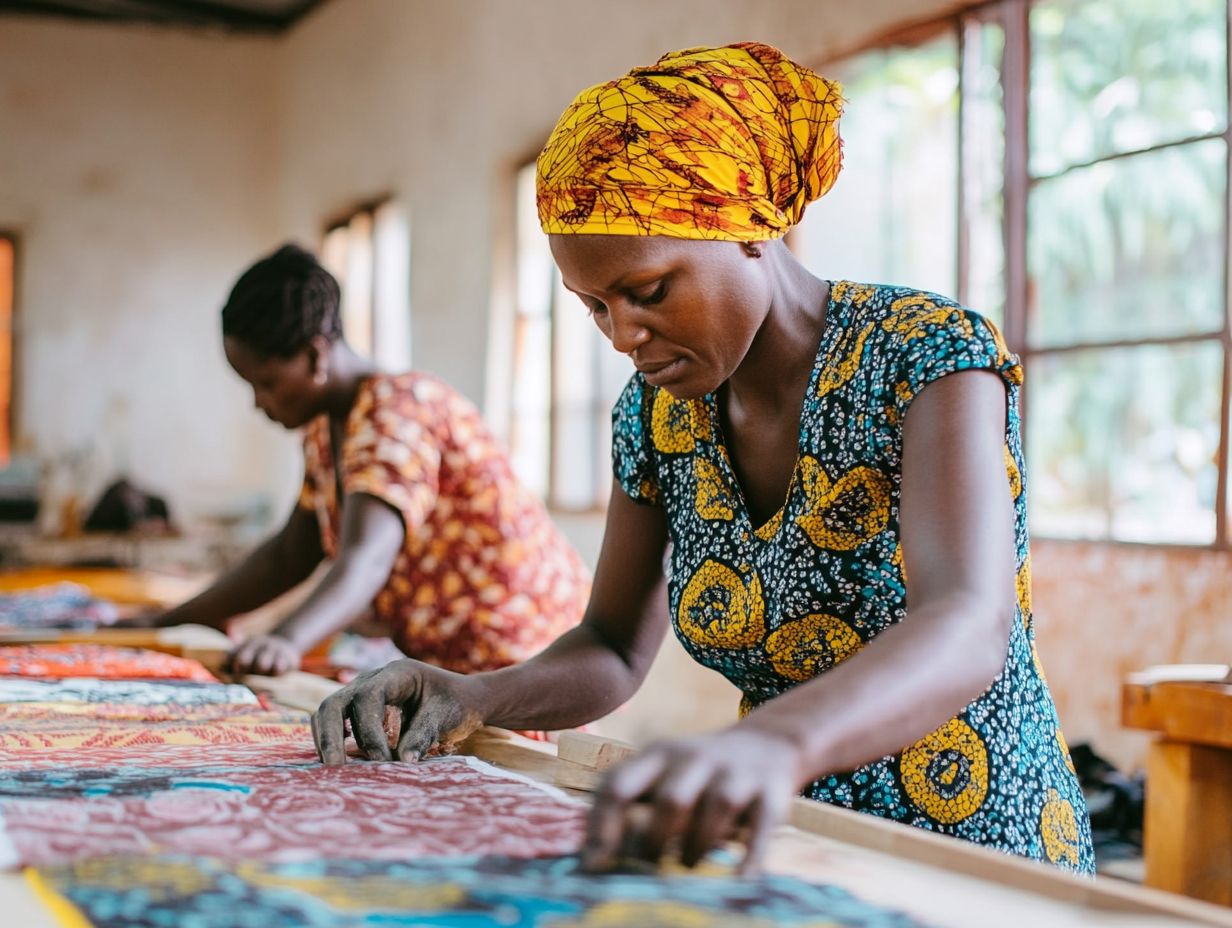
The fast fashion industry is infamous for its negative effects on both garment workers and the environment. It creates a relentless cycle of exploitation and harmful practices.
A recent report from the International Labour Organization reveals that over 170 million children are caught in child labor worldwide. Many of these children work in the supply chains of popular fast fashion brands.
The human cost is staggering. The environmental repercussions are equally alarming; the production of inexpensive clothing generates approximately 92 million tons of waste each year, with a mere 1% of materials being recycled.
Brands like H&M and Zara face scrutiny for their rapid turnover and low-cost models, prioritizing profit over ethics. The dyeing and treatment processes often release toxic chemicals into waterways, severely harming local ecosystems and communities.
These unsettling statistics highlight the pressing need for change in an industry that continues to flourish at the expense of both people and the planet.
The Benefits of Fair Trade Fashion
Join the movement transforming the fashion industry! Fair Trade Fashion offers numerous benefits that positively impact workers and the environment through ethical production and sustainable practices.
Sustainable brands that follow these principles invest in community support and development. They nurture social responsibility and pave the way for lasting social and economic advantages.
Improving Working Conditions and Supporting Communities
Fair Trade Fashion enhances working conditions for garment workers. It ensures they receive fair compensation and are treated with the dignity they deserve.
This approach uplifts individual workers and cultivates community investment, enabling local economies to flourish. By embracing ethical production practices, you set a standard for social responsibility.
Through initiatives like cooperative ownership models where workers collectively own and manage their production and community development programs, Fair Trade Fashion allows individuals to take charge of their livelihoods.
Many brands collaborate with local artisans to offer relevant training and resources, fostering skill development and financial literacy. As a result, workers secure a stable income and gain the opportunity to start their own businesses.
These initiatives also emphasize access to healthcare and education for workers’ families. This reinforces the connection between ethical practices and an improved quality of life. Community-centered projects spearheaded by Fair Trade organizations enhance infrastructure, creating robust support systems that benefit entire neighborhoods.
How to Identify and Support Fair Trade Fashion Brands
Your choices matter! Support Fair Trade Fashion brands to make a real difference. Identifying and backing these brands is essential for responsible consumers.
Look for Fair Trade certification labels, as these signify that products adhere to specific ethical standards concerning environmental sustainability and workers’ rights.
Transparency in sourcing and production processes is critical when evaluating brands. This offers valuable insight into their commitment to ethical practices. Making informed choices not only benefits the environment but also supports the dignity of workers globally.
Together, we can create a fashion industry that values people and the planet.
Certifications and Labels to Look for
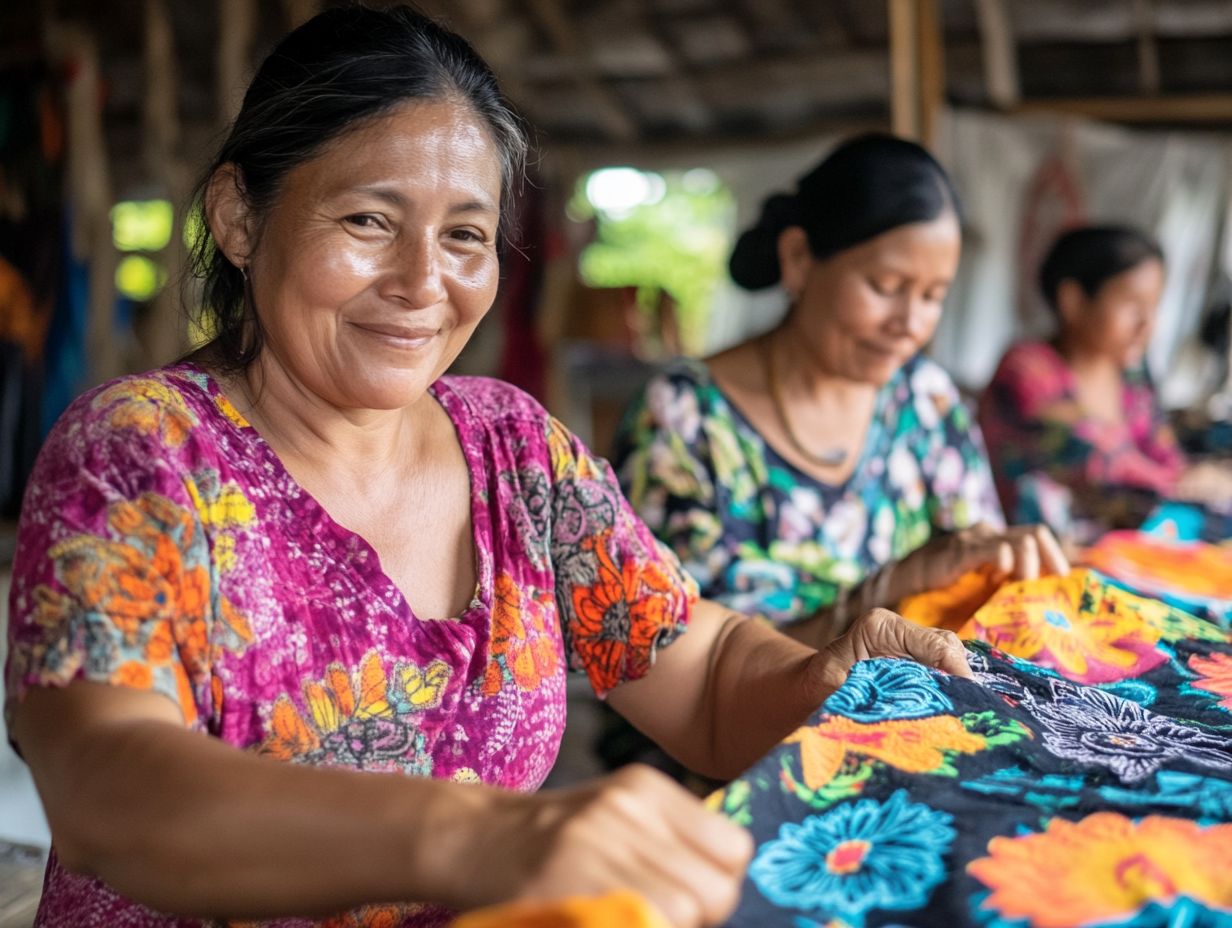
When you re on the hunt for Fair Trade Fashion, look out for the certifications and labels that signal ethical sourcing and sustainable practices. The Fair Trade certification logo is your primary guide, indicating that a brand commits to fair payment, workers’ rights, and environmental sustainability.
Seek out other certifications that emphasize organic textiles and eco-friendly materials. For example, the Global Organic Textile Standard (GOTS) confirms that textiles are organic and produced with social responsibility in mind.
The Ethical Trading Initiative (ETI) evaluates labor conditions and encourages improvements throughout supply chains, holding brands accountable. Certification from the Organic Content Standard (OCS) verifies the presence of organic materials in products, enhancing transparency.
These labels build consumer trust, providing clear, verifiable criteria that enable you to make informed choices. By supporting brands that align with your values, you’re contributing to a movement that champions ethical fashion across the industry.
Ways to Incorporate Fair Trade Fashion into Your Wardrobe
Incorporating Fair Trade Fashion into your wardrobe offers a compelling opportunity to champion ethical shopping and sustainable practices without sacrificing style. By choosing eco-friendly materials and embracing responsible consumption, you actively contribute to a circular economy, a system where products are reused and recycled to minimize waste.
This mindful approach not only lessens your environmental footprint but also promotes ethical production and labor rights within the fashion industry.
Tips for Sustainable and Ethical Shopping
Sustainable and ethical shopping is vital for promoting Fair Trade Fashion and supporting ethical practices within the industry. Explore brands that prioritize sustainable practices and champion quality over quantity.
By choosing eco-friendly materials and supporting sustainable brands, you can make a significant impact on the future of fashion. Delving into companies production processes and their commitments to environmental standards enables you to make informed choices about their environmental impact and transparency.
Engaging in community recycling programs minimizes waste and nurtures a sense of shared responsibility for the planet, fostering a circular economy and waste reduction.
As a consumer, you wield the power to inspire change through your purchasing decisions. Encourage brands to embrace more sustainable practices and uphold workers’ rights, ultimately crafting a more ethical future for the fashion industry.
Frequently Asked Questions
What is fair trade fashion?
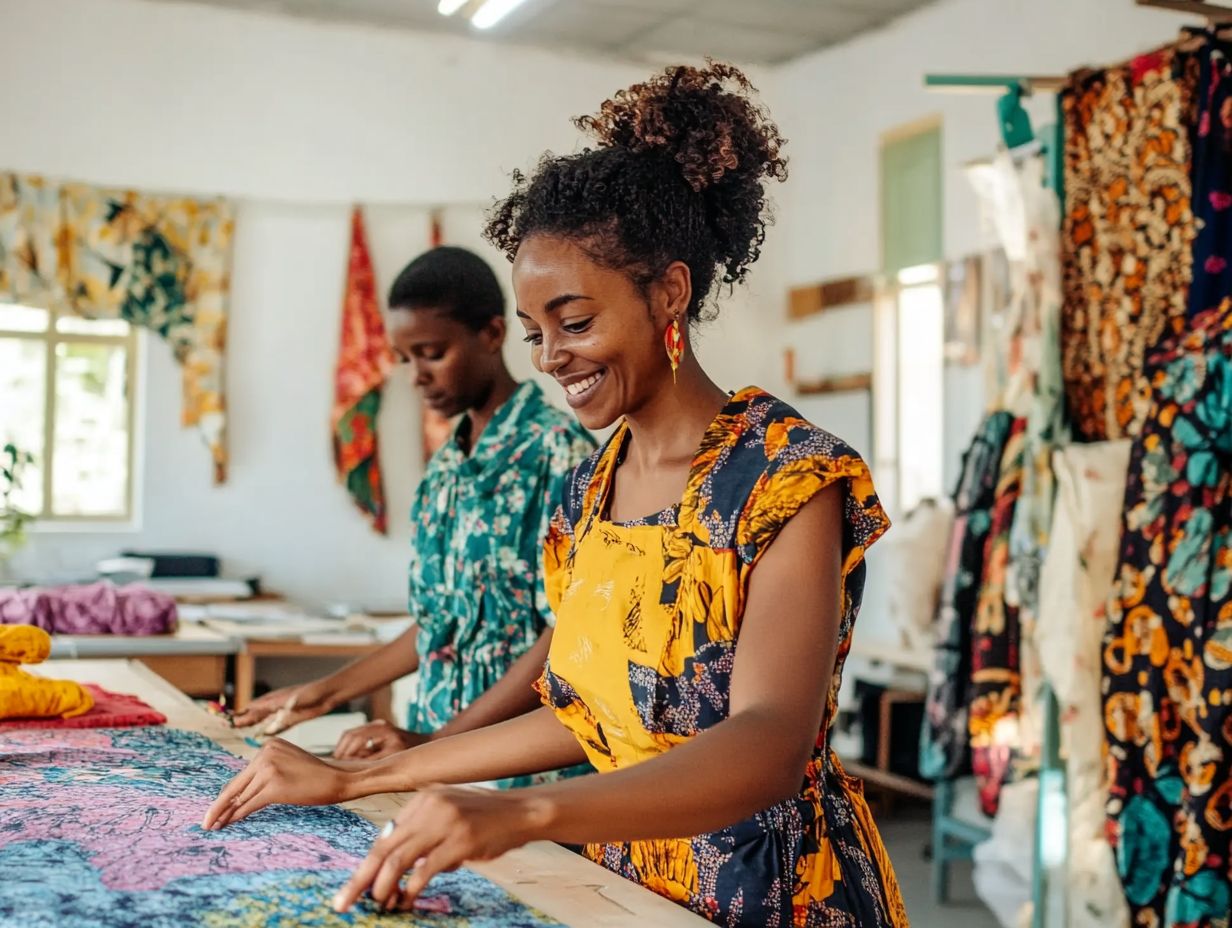
Fair trade fashion is an ethical and sustainable approach to producing and selling clothing, accessories, and other fashion items. It emphasizes ethical sourcing and fair trade certification, ensuring that the workers who produce these items are treated fairly, paid a living wage, and protected against child labor and forced labor.
Why is fair trade fashion important?
Fair trade fashion promotes social and environmental responsibility in the fashion industry. It advocates for consumer activism and social responsibility, ensuring that workers are not exploited and the environment is not harmed in the production process.
It supports small-scale producers and helps to reduce poverty through poverty alleviation programs and long-term contracts.
Support Fair Trade brands today and make a positive impact!
How can I identify fair trade fashion products?
Fair trade fashion products usually have a Fairtrade International logo. This label shows they follow fair trading rules, ensuring fair wages and safe working conditions.
Research brands to confirm they prioritize environmental sustainability and responsible consumption.
What are the benefits of buying fair trade fashion?
When you choose fair trade fashion, you support responsible practices in the fashion industry. This choice helps improve workers’ lives and promotes eco-friendly production methods.
Fair trade fashion offers unique, high-quality products that carry stories reflecting local culture and artisanship.
Is fair trade fashion more expensive?
Fair trade fashion may cost slightly more than fast fashion due to fair wages and production costs. However, the benefits for both people and the planet make this price worthwhile.
Buying fair trade fashion encourages you to choose quality over quantity, promoting responsible choices and aiding in textile recycling efforts.
What can I do to support fair trade fashion?
Support fair trade by learning about ethical fashion and promoting consumer responsibility. Choose to buy fair trade products and advocate for brands that follow these practices.
You can also join fair trade campaigns and events to raise awareness. Support organizations like the World Fair Trade Organization and the Fair Trade Federation!
